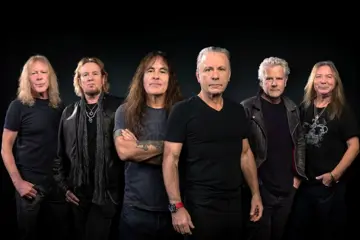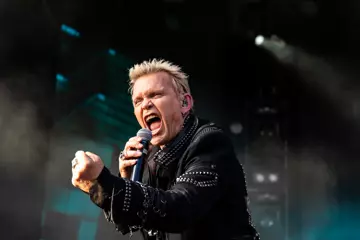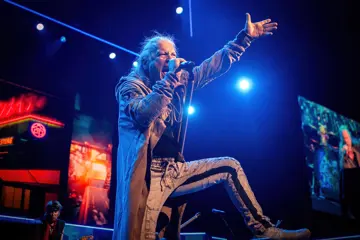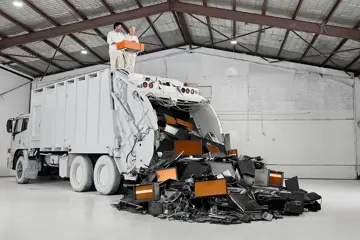The NSW Government has raised the Sydney Cricket Ground’s annual concert allowance, quintupling the cap from a measly four shows a year to a whopping 20.
It comes in a bid to enhance Sydney’s nightlife options and boost the state’s economy, with an estimated $120 million being scrounged up from the additional 16 shows. It took eight months of hustling to make a reality, with government figures meeting with stakeholders and representatives of the local community.
The four-shows-a-year restriction was placed on the SCG precinct (which also includes Allianz Stadium) in 1995 after a pair of gigs headlined by The Rolling Stones drew in a string of complaints about traffic and noise – but as the NSW Government themselves explained in a press release, “in a modern and global city like Sydney, these restrictions are no longer fit for purpose”.
Of the 20 major events the SGC will now be allowed to hold each year, two will be permitted to operate as ten-hour festivals (Wave Aid being cited as an example) running between the hours of 10am to 11pm. No other conditions will be placed on the precinct, with concerts still needing to adhere to an 11pm curfew (with the exception of a Mardi Gras after-party event, should one be held there in the future) and stick within the venues’ capacity requirements.
The move has been praised by industry bodies such as Live Performance Australia. In a statement shared with The Music yesterday, LPA chief executive Evelyn Richardson said the expansion would mean “even more opportunities for our promoters to bring Australian audiences the performers they love”. She added: “It also generates more job opportunities for those who bring the shows to life, including production and technical crews and venue staff, and people working in hospitality and tourism.
“Stadium tours have been a big driver of the return of live music post-pandemic, with more to come throughout 2024.”
Don't miss a beat with our FREE daily newsletter
The excitement was naturally shared by members of the NSW Government – like premier Chris Minns, who said in a formal statement of his own: “NSW is well and truly open for business. This is a huge win for the NSW economy, and it’s great for live music. For too long NSW has missed out on world class acts because of an archaic restriction that killed fun in our city and hurt the economy. Sydney is Australia’s only global city and now it will finally be able to host more global acts on the world stage.”
John Graham – Minister for Music and the Night-time Economy, and Minister for Jobs and Tourism – added: “After successive governments have tied up our visitor and night-time economy in onerous red tape, we are taking off the shackles, and making the most of our incredible venues. This is about securing more live music for Sydney and ensuring our spot as the premier destination of the Asia Pacific.
“This year alone, we have Pink, Taylor Swift, Coldplay and The Kid LAROI performing in our stadiums in Sydney, following on from Foo Fighters, Ed Sheeran, Paul McCartney, Elton John, KISS and Harry Styles shows last year.”
Also weighing in was Paul Scully, Minister for Planning and Public Spaces, who said, “We’ve listened to the feedback and lifted these restrictions on concert capacity, so that we can get the most from this venue, while including conditions on the approval that takes into account local issues like noise, traffic, parking and social impacts. We will continue to work with Venues NSW to get the best outcome for concert goers and the local community.”
And lastly, Steve Kamper – Minister for Sport, and Minister for Small Business – boasted that NSW has “the best stadium network in Australia”, and declared that it’s “time we start using our venues to their full potential”. He expounded on the sentiment: “The red tape that has hampered our ability to host concerts at Allianz Stadium and the SCG has cost this state hundreds of millions of dollars. That red tape is officially gone and Sydney can now secure more live music than ever before.
“By unlocking the stadium, we are also unlocking millions of dollars of economic activity for our local visitor economy and surrounding businesses.”















